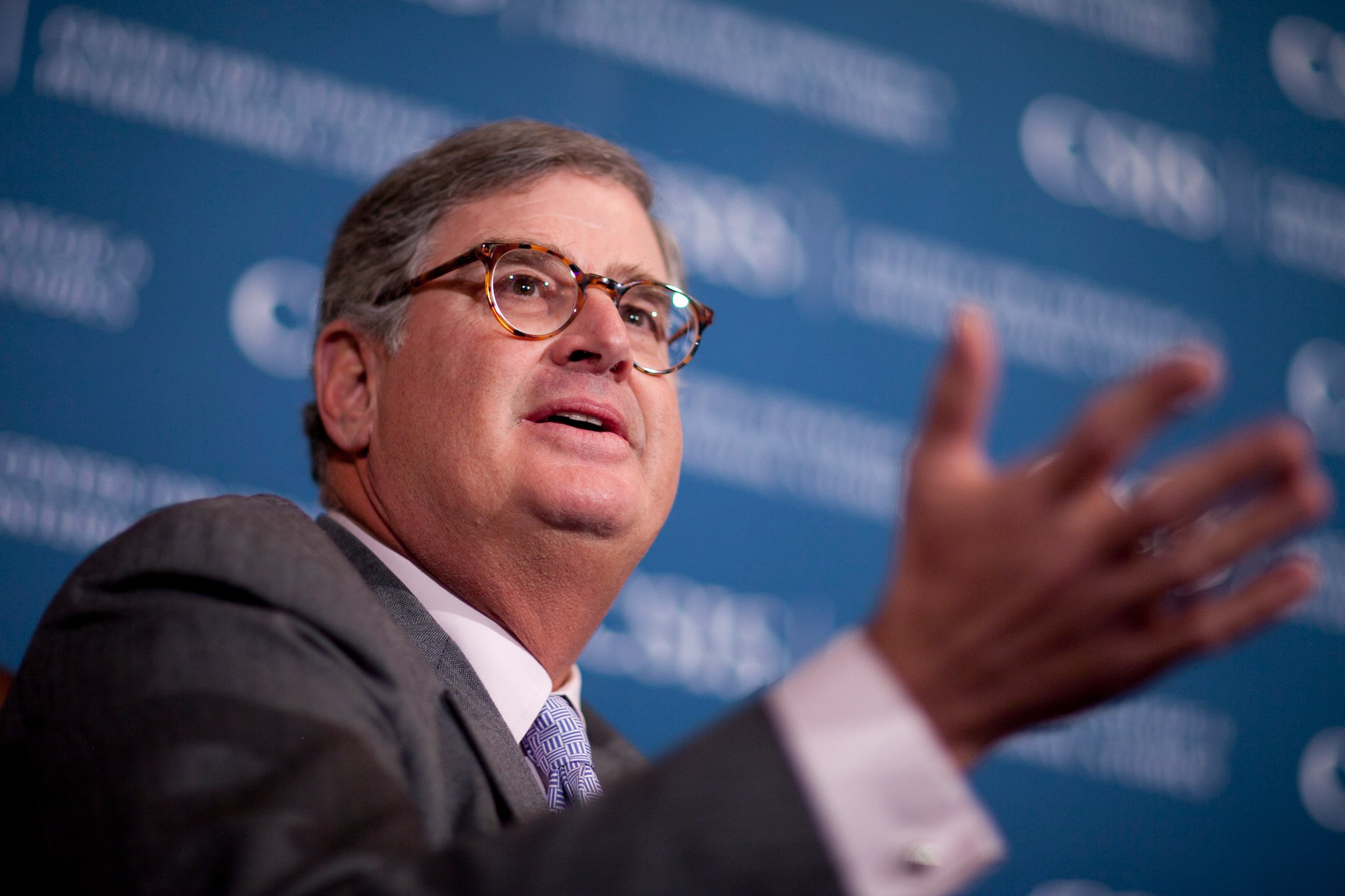
IBM has been, in many ways, the Teflon tech company. At a time when big Silicon Valley firms like Apple, Google, Yahoo and others have been under fire for everything from tax avoidance, to offshoring, to playing fast and loose with privacy, the 101 year old Armonk, NY giant has managed to look like the model for socially responsible business. It has garnered good press for everything from its educational initiatives, to its support for local supply chains in the U.S. Its Smarter Cities initiative, in which it works with local leaders to knit together public transport, economic development, energy, and digital strategies is another example of how the company deftly manages to bridge the global/local divide.
A good chunk of the credit for this goes to former IBM CEO Sam Palmisano, who led the company between 2003 and 2011, during which time it achieved record performance, in part by successfully shifting its business model from hardware to services, but also for connecting social goals in areas like education, health and safety with revenue building, under the “Smarter Planet” strategy. Basically, IBM figured out not only how to make money serving local governments by building out city infrastructure, providing products and services in schools, hospitals and elsewhere, but how to avoid some of the globalization backlash that typically plagues big tech companies with fat margins and multinational reach.
I’ve always been interested in how the company pulled all this rare feat off. That story is one of the things that Palmisano is touting in his new eBook, Re-Think: A Path to the Future, which is meant to be a roadmap for how to build a 21st century multinational. The title is unsexy, and, truth be told, so is much of the book itself. But Palmisano, who is now a director at the Center for Global Enterprise (which aims to research and roadmap the practices of the most successful and sustainable firms around the world, from family owned businesses in Germany to American blue chip multinationals) does have some interesting insights and old school corporate wisdom that the younger generation of Silicon Valley techies, as well as any number of other corporate leaders, should pay attention to. Below, his five most interesting takeaways:
More Must-Reads from TIME
- Why Trump’s Message Worked on Latino Men
- What Trump’s Win Could Mean for Housing
- The 100 Must-Read Books of 2024
- Sleep Doctors Share the 1 Tip That’s Changed Their Lives
- Column: Let’s Bring Back Romance
- What It’s Like to Have Long COVID As a Kid
- FX’s Say Nothing Is the Must-Watch Political Thriller of 2024
- Merle Bombardieri Is Helping People Make the Baby Decision
Contact us at letters@time.com